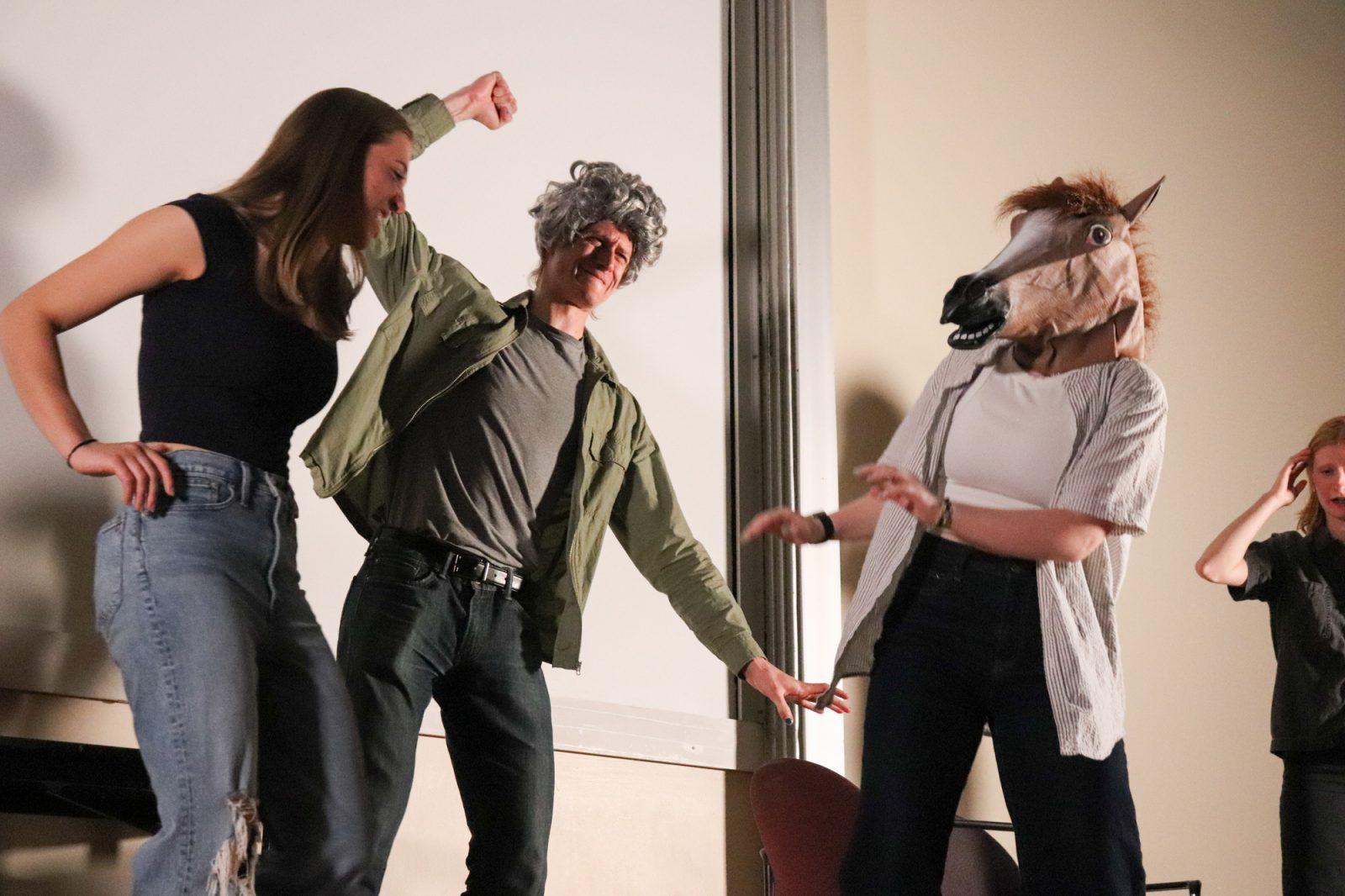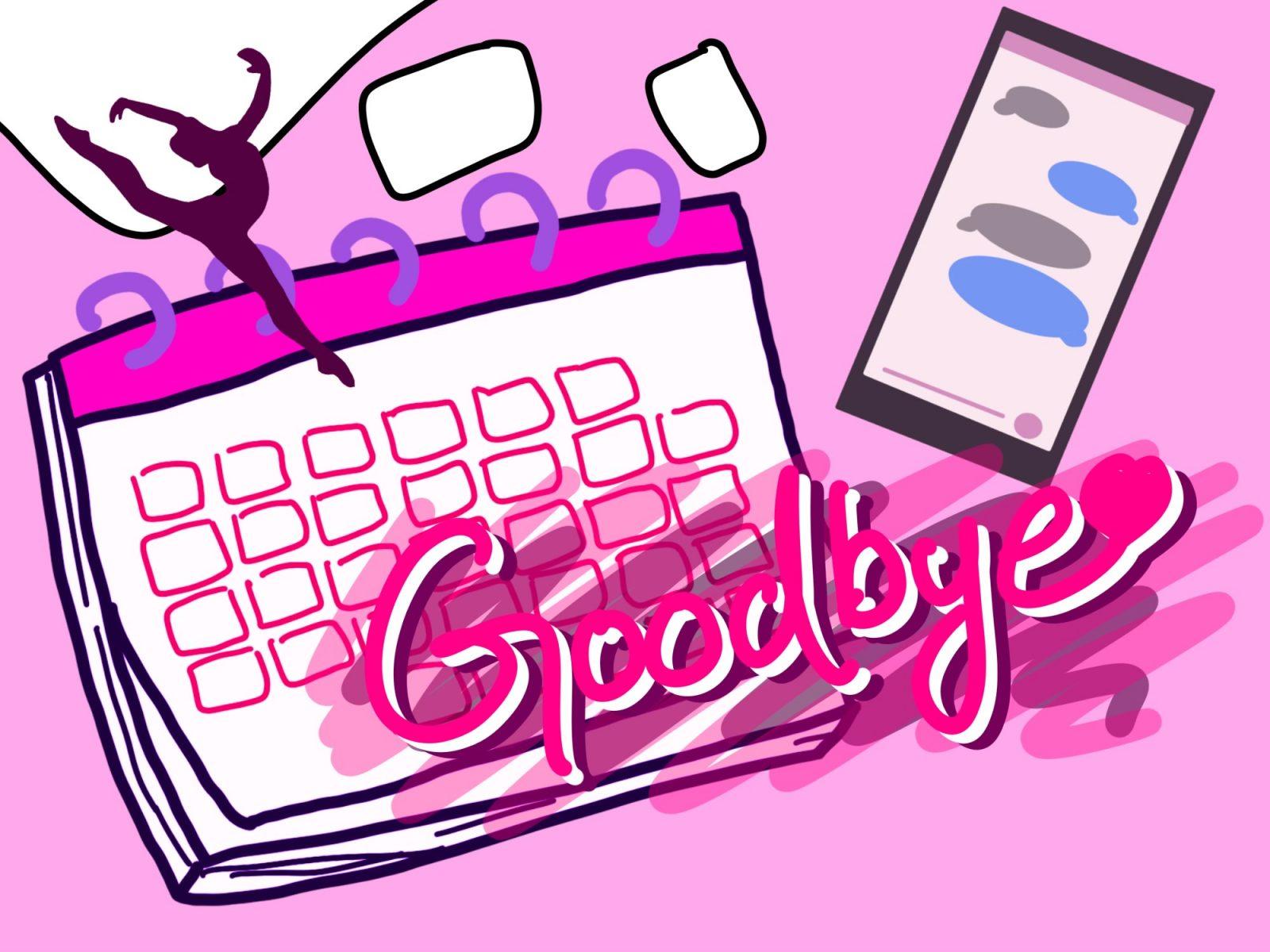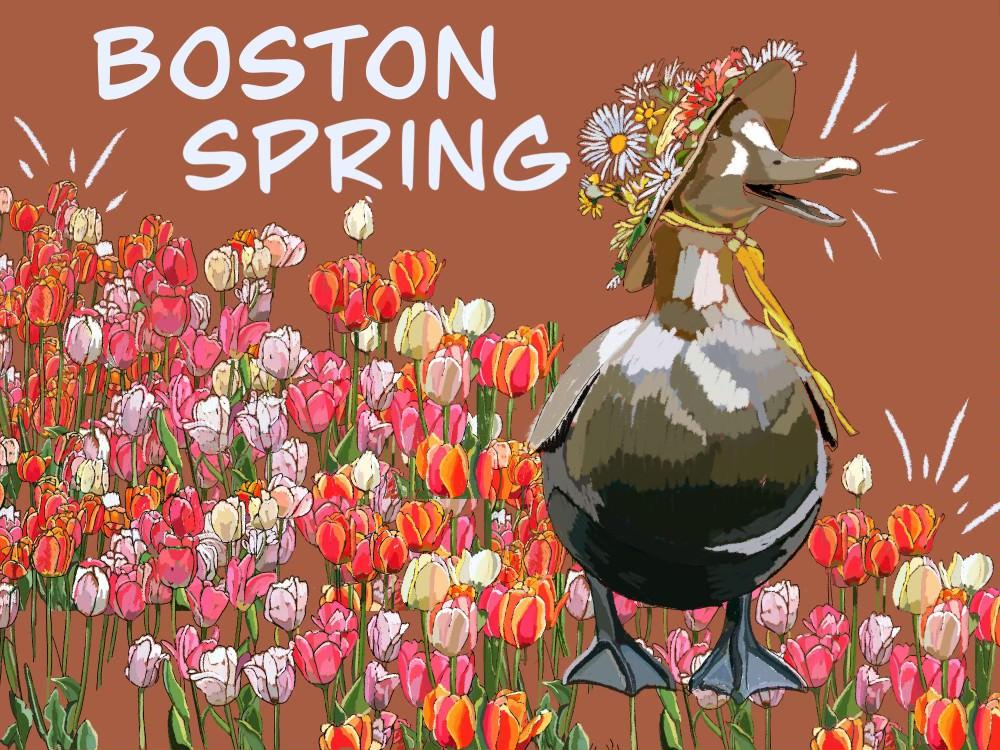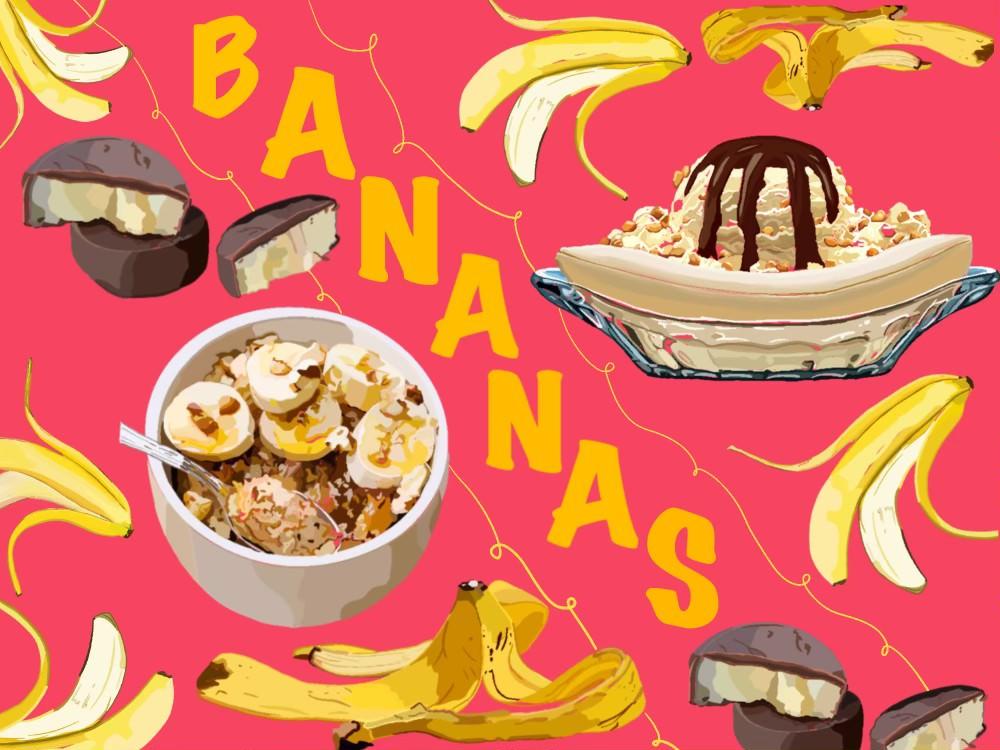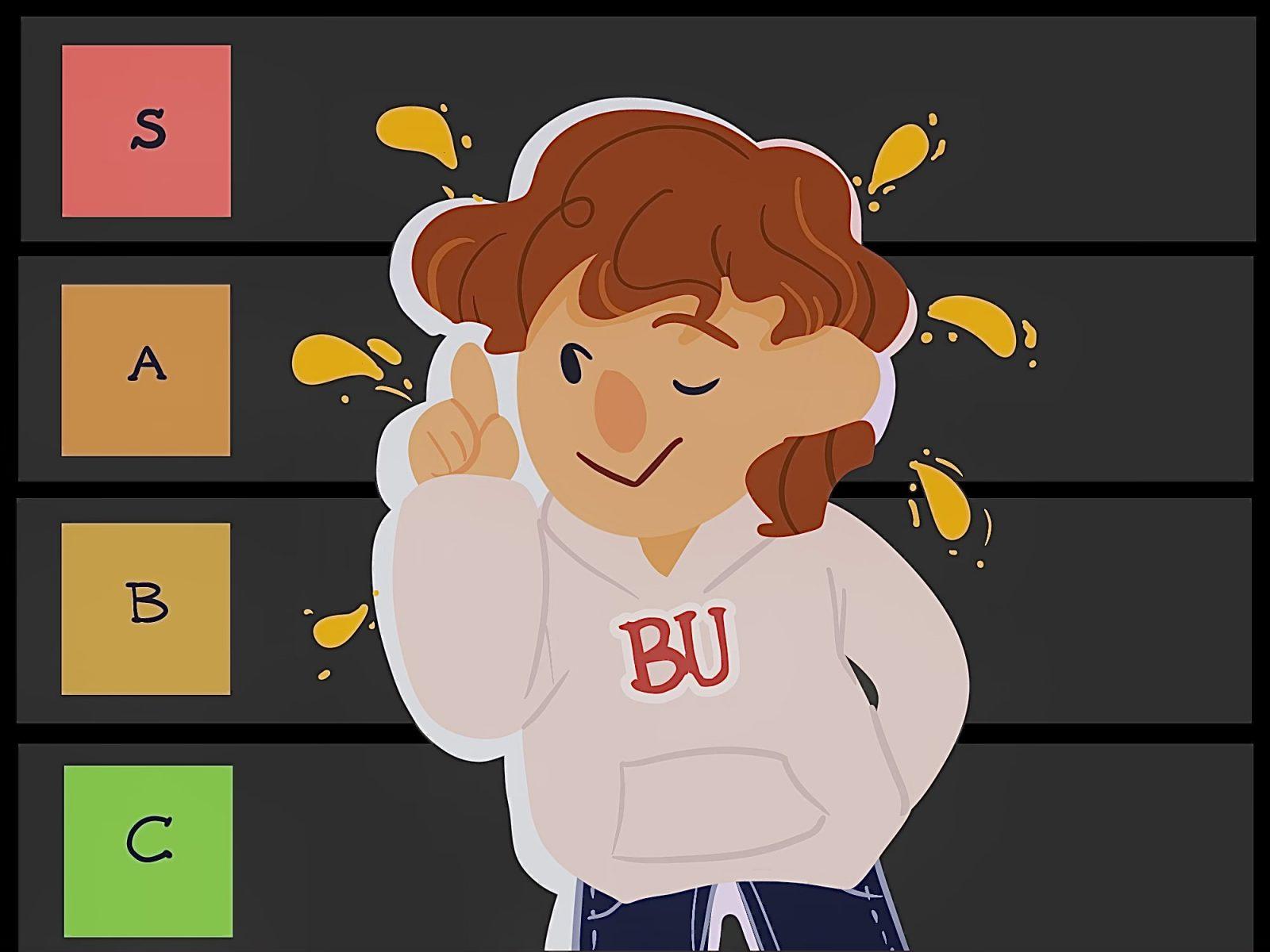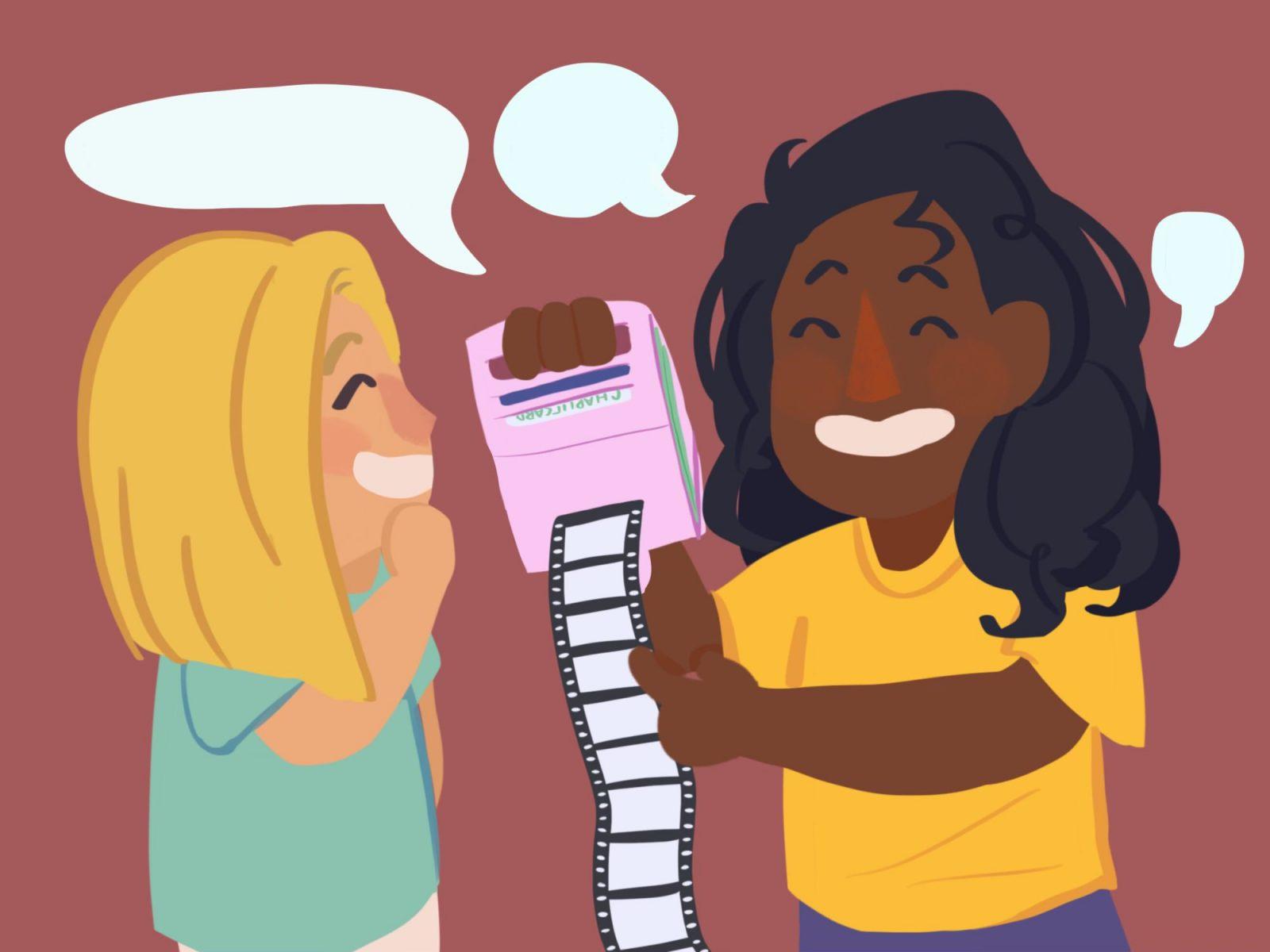Ramadan, the holiest month for Muslims, began Monday evening. During Ramadan, Muslims fast every day from sunrise to sunset and perform other religious duties.
There are more than 1.8 billion Muslims across the world, around 3.5 million of which live in the United States. Although Muslims are a significant portion of the global and U.S. population, Ramadan seems to not be as well-known or understood in non-Muslim countries compared to other religious observances like Christmas or Hanukkah.
You may have Muslim friends, co-workers or neighbors who are partaking in Ramadan like me, or just have a curious mind. This guide explains all you need to know about Ramadan.
What do Muslims do during Ramadan?
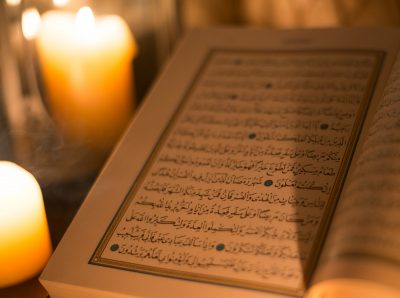
- Fasting
No eating or drinking throughout the day — yes, that includes not drinking water or even chewing gum. Fasting starts at dawn and ends at sunset. In Boston time, this means fasting from around 4:45 a.m. to 7:30 p.m. The fasting window gets longer by a few minutes each day, since the daylight hours increase as we progress into summer.
- Increase religious observance
Fasting takes away a lot of distractions, given that food has a large social component. Think about how much time you would have if you cut out going out for lunch or coffee with friends or even preparing breakfast and lunch at home.
During Ramadan, Muslims pray more often and read the Quran, the holy book of Islam, similar to the Bible or Torah. Neighbors will gather at the local mosque to pray together multiple times in the day.
- Do good deeds
From donating to charity to helping others in everyday matters, Ramadan is a time to be kinder and give to those in need. Communities and individuals are especially encouraged to help the poor since the feeling of hunger and thirst is one that many people experience unwillingly due to poverty. Fasting is a reminder of how privileged we are to have food available to keep us healthy.
- Practice self-reflection
Ramadan is an opportunity not only to connect with your faith but to also connect with yourself. Fasting and religious activities throughout the day can change up our daily routines, which can be a reset for a lot of people.
- Community time
There is also a communal aspect to Ramadan since Muslims experience the same fast and meal times. Ramadan is most of all an important time to spend with family and friends, like Christmas or Passover. Children will help their parents prepare traditional meals, and families break their fast together at the dinner table. Your Muslim acquaintance might invite you over for “futoor,” the first meal at sunset, which you can feel free to join in on.
Does everyone fast?
Only healthy people and those who are able-bodied are supposed to fast. For example, pregnant women, the sick and elderly people don’t have to fast. Muslims can also eat if they are traveling and fast the missed days after Ramadan ends.
How long is Ramadan?
Ramadan is 29 to 30 days. This year, Ramadan started Monday night and ends May 12.
Why is it called “Ramadan”?
You may have heard of this term before and wondered if it’s a holiday. But, Ramadan is just the name of a month on the Islamic calendar.
What can you do?
To wish someone a blessed Ramadan, simply tell them: “Ramadan Mubarak” or “Ramadan Kareem.” It is similar to saying Merry Christmas and is what Muslims say to each other during the month.
You can eat and drink in front of someone who is fasting. However, it’s nice to be mindful that they may be tired during the day due to the change in their eating and sleeping habits. Expect them to decline invitations to eat out during the day because they are fasting!
Some key terms:
- Iftar or Futoor: Break-fast. During Ramadan, it’s the first meal Muslims eat at sunset.
- Suhoor: Late-night meal before dawn. The last meal Muslims eat before they start fasting.
- Eid al-Fitr: The three-day holiday when Ramadan ends. Wish someone a happy Eid by saying “Eid Mubarak.”


















































































































